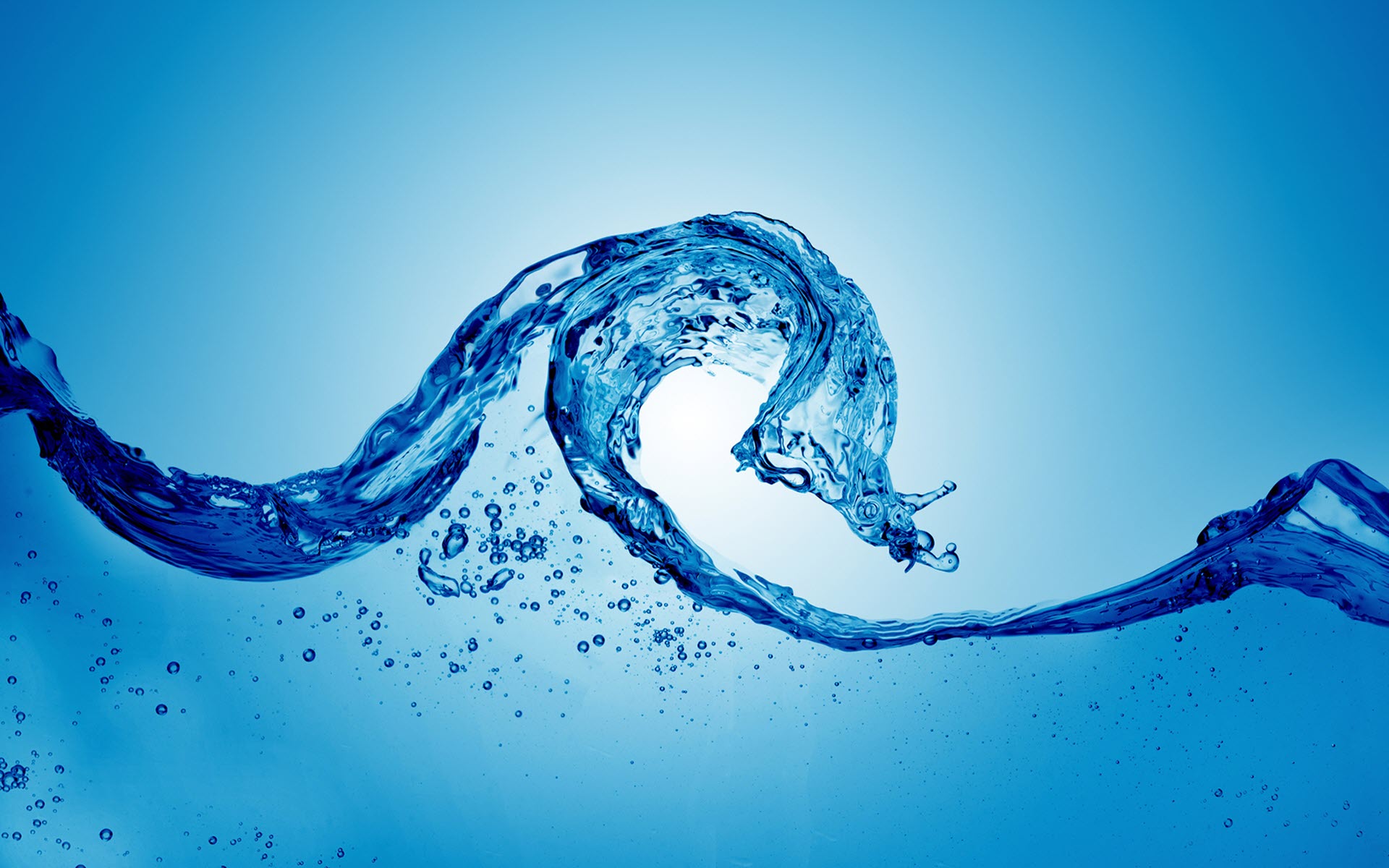Nearly everyone has heard that the body is approximately 70% water. Yet, very few people then make the connection that the preferred beverage we should consume throughout each day is water. Sometimes it seems as though many people drink anything but water. Throughout each day, the body is constantly losing water through breathing, urinating and sweating. This means, of course, that you need to replace or replenish that water. Thirst is one way the body lets you know it’s time to refill your body’s water supply. Unfortunately, by the time you actually feel thirsty, this can indicate that your body has already entered into a state of dehydration.
Why Is Water So Critical To The Body?
• Your body is 70% water.
• Water plays an essential role in digestion and elimination.
• Water is an integral part of your circulation.
• Water contributes to the maintenance of your body’s temperature.
• Water helps maintain healthy joints by lubricating and cushioning.
• Water is essential for healthy skin.
• Water functions in the removal of toxins from your body.
Today’s Tap Water Is Toxic
Have you ever tasted the tap water inside of a hotel room (or your house, if you live in a most metropolitan area)? The water tastes so bad that it’s nearly undrinkable. Water out of your garden hose no longer has just the added taste of the rubber hose, tap water now has a definite metallic and chlorine taste.
There is no question that water is one of the most overlooked “foods” or nutrients in our culture. Each day people drink volumes of soda pop, sport drinks, “energy” drinks, coffee, designer tea drinks, and alcoholic beverages – anything but water! Teenagers in America drink an average of 40 oz. of soda per day. “Sport” drinks, commonly thought to contain valuable electrolytes and other important nutrients, now contain high fructose corn syrup (HFCS) – “extreme sugar;” “vitamin waters” contain artificial sweeteners (which are among of the most toxic chemicals in our food supply); and the list goes on and on.
Many people mistake their body’s cries for water as hunger – contributing to them eating added calories, often in the form of junk food. Our society spends billions of dollars on skin products to fight the effects of aging when what the skin needs is water from within the body. Constipation is common in our culture due in large part to people not drinking enough water (along with of course, not eating enough fruits and vegetables).
How Much Water Do You Need?
Many people can tell you that the human body is made up of 70% water; yet how many have turned that realization into the vital behavior of drinking adequate amounts of purified water each day? Forever people have been told to drink a minimum of eight 8 oz. glasses of water every day – is this true? But a more realistic gauge is to drink ½ your body weight (in pounds) in ounces each day. [For example, a 140 lb. person would drink 70 oz. of water each day.]
How To Drink More Water
Wow, that sounds silly at first glance! However, if we don’t have wellness strategies in place, we can’t expect our lifestyle behaviors to result in being well. The best water is clean spring water; next best is water filtered by reverse osmosis. Install a reverse osmosis (RO) unit under your kitchen sink which has a dispenser faucet on top. At Home Depot you can purchase a decent RO unit made by GE for $280; professional installation by a plumber will cost an additional $125. You will be amazed at the quality of the water now available to you and your family and you will find that you will drink much more water because it’s readily available. The impact of making this investment to your health is profound! Not only will you be providing your body with an abundant supply of the most critical nutrient it needs, you will also reduce your intake of the toxic and disease-producing chemical ingredients such as high fructose corn syrup, artificial sweeteners, phosphoric acid, carbonic acids, etc. found in sodas and fake juices, etc.
And here’s a awesome side benefit: You can continually refill bottles to be used in your car, to take to work or the gym, etc. Just be sure to use bottles made of glass, ceramic or if an unbreakable bottle is necessary, Nalgene plastic (made from #2, #4, or #5 plastic). So often, we’re drinking water at our desk, in our cars or at home where glass or ceramic are perfect. Another good tip is to run your portable water bottles through the dishwasher.
Fluoridated water, which applies to most municipal water supplies (i.e. tap water) is extremely toxic.
Say No To Plastic Water Bottles
First, although they are now ubiquitous in our society, and no matter how inexpensive they may be at Costco or Wal-Mart or Trader Joe’s, we can’t keep buying plastic bottles of water for many reasons:
• It’s too costly in the long run.
• The quality of the purification process varies widely.
• The plastic bottles leach contaminating chemicals into the water.
• The environmental “cost” is unacceptable [FACT: Today, in the middle of the Pacific Ocean where the currents converge, there is a mass of floating plastic the size of Texas. It is so large and has so much mass that it is a “navigational landmark” and shows up on ship’s radar!] And plastic ultimately ends up in landfills.
Learn to love water – your body will love you in return.


Using reusable water bottles is an essential practice…but what kind of water would you recommend? Brita filtered? Large Poland Springs jugs?
My biggest concern is drinking water that does NOT contain fluoride, as many municipal water supplies now do. I think Brita is a minimal filter, with my understanding that it doesn’t do much in terms of purification, only in changing the flavor/taste. Reverse Osmosis is great, but not always convenient for people who rent their homes/apartments. Delivered water such as Poland Springs (do they deliver large 3-5 gal bottles?), is good and better price wise than buying individual bottles, but still somewhat expensive. I’ve heard good things about Berkey Water Filters
Thanks for the good question Mrs. Day!
– Dr. Paul